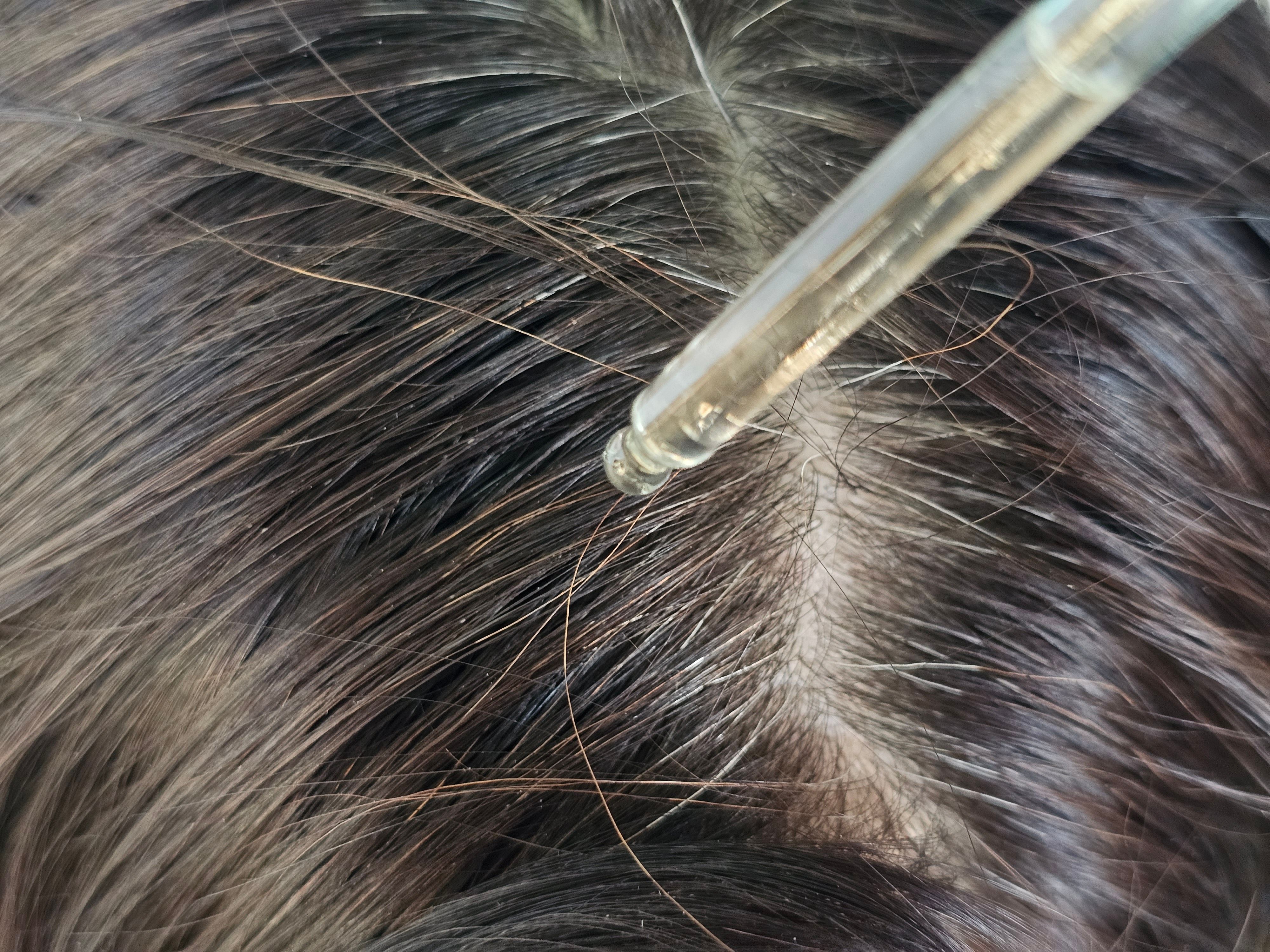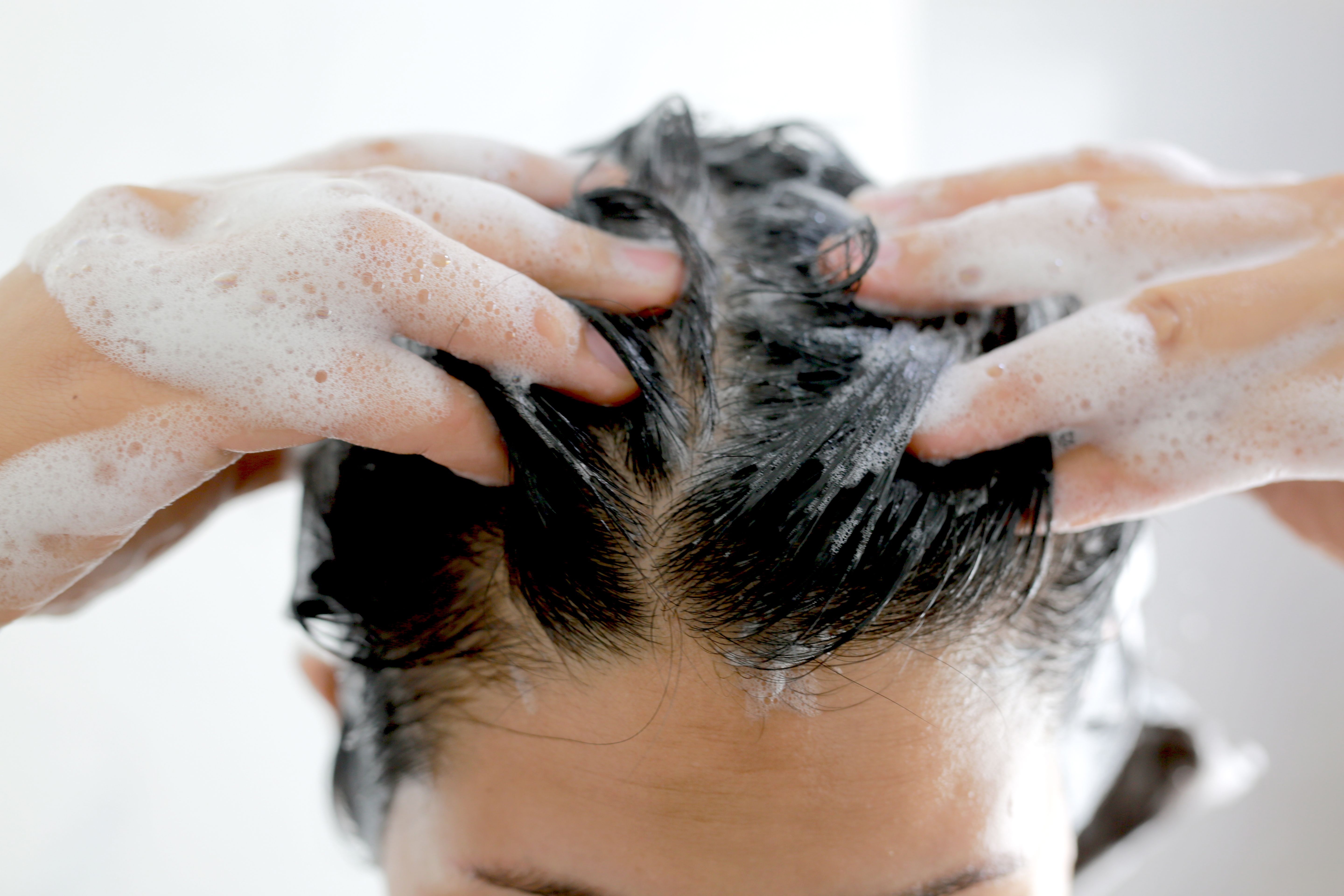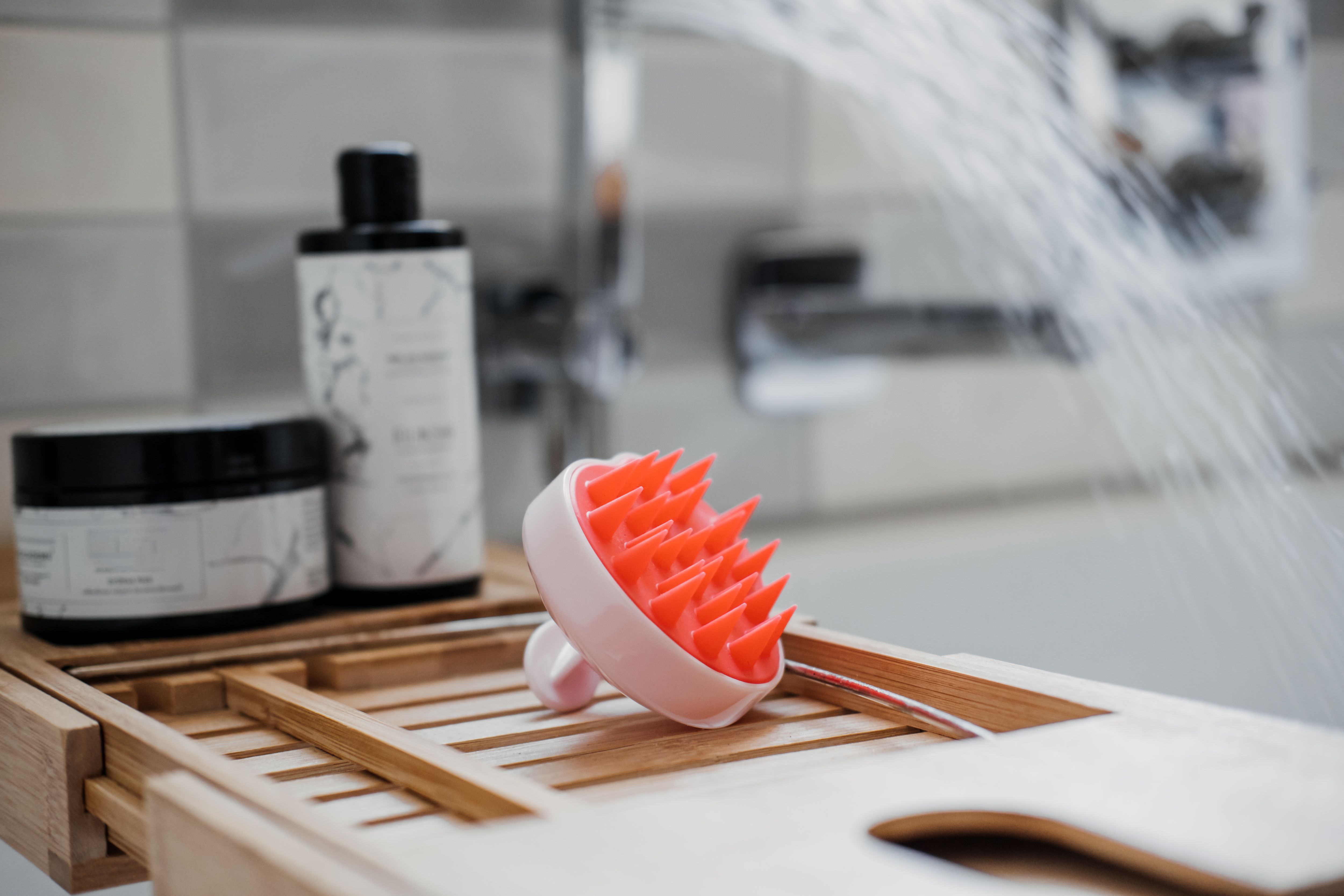Expert Tips for Maintaining a Healthy Scalp at Home
Understanding Your Scalp
Maintaining a healthy scalp is crucial for overall hair health and can prevent a variety of issues such as dandruff, itchiness, and hair loss. The scalp is often neglected in hair care routines, but it requires attention just like any other part of your body. Understanding your scalp type and condition is the first step in creating an effective care routine.
A healthy scalp is typically clean, balanced, and free from irritation. It is important to recognize whether your scalp is oily, dry, or sensitive as each type requires different care strategies. Performing a simple scalp assessment at home can help you tailor your routine to meet its specific needs.

Regular Cleansing
Proper cleansing is essential for maintaining a healthy scalp. Overwashing can strip the hair and scalp of natural oils, leading to dryness and irritation, while under-washing can result in oil build-up and dandruff. Finding the right balance is key. Generally, washing your hair every two to three days is sufficient for most people, but this can vary based on personal needs.
When selecting a shampoo, opt for one that is sulfate-free and suited to your scalp type. Sulfates can be harsh and drying, especially for sensitive scalps. For oily scalps, look for shampoos with ingredients like tea tree oil or salicylic acid to help control excess oil production.

Moisturizing and Conditioning
Conditioning is not just for your hair; it’s also beneficial for your scalp. A good conditioner will help maintain moisture levels in both your hair and scalp. If you have a dry scalp, consider using a deep conditioning treatment once a week to provide extra hydration. Ingredients like jojoba oil and shea butter can be particularly nourishing.
The Importance of Exfoliation
Exfoliating your scalp can remove dead skin cells and product build-up that regular shampooing might not eliminate. You can use a physical exfoliant like a scalp scrub or a chemical exfoliant containing ingredients like salicylic acid for this purpose. Aim to exfoliate your scalp once a week to keep it healthy.

Healthy Diet and Hydration
Your diet plays a significant role in the health of your scalp. Consuming a balanced diet rich in vitamins and minerals can promote healthy hair growth and scalp condition. Ensure you are getting enough omega-3 fatty acids, zinc, and vitamins A, B, C, and E. Staying properly hydrated is also essential for maintaining a healthy scalp.
Consider incorporating foods such as nuts, seeds, fish, leafy greens, and fruits into your diet. These foods are packed with nutrients that support both hair and scalp health.
Avoiding Harmful Hair Practices
Some hair care practices can negatively impact your scalp health. Avoid using excessive heat styling tools as they can dry out the scalp and lead to irritation. If you must use heat tools, apply a heat protectant spray beforehand to minimize damage.

Additionally, tight hairstyles can cause tension on the scalp, leading to discomfort or even hair loss over time. Opt for looser styles and give your hair breaks from tight ponytails or braids whenever possible.
Regular Scalp Massages
Scalp massages are an excellent way to improve blood circulation to the scalp, which can promote hair growth and relieve stress. Use gentle circular motions with your fingertips or a scalp massager tool for about five minutes a day for the best results.
By following these expert tips, you can maintain a healthy scalp at home, leading to healthier, more vibrant hair. Remember that consistency is key, so integrate these practices into your regular hair care routine for the best outcomes.
